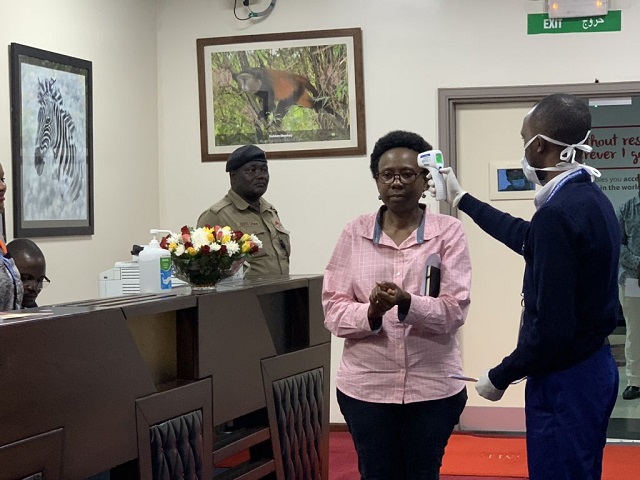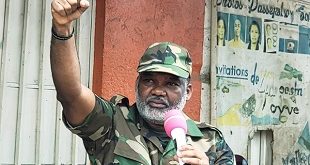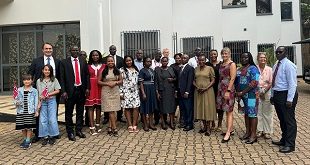
So far, a number of countries have begun easing their lockdowns, and according to WHO’s initial analysis, the impact on doubling time appears to be varying depending on the timing and duration of the confinement measures.
For example, Burkina Faso, started implementing a partial lockdown of 17 days after the notification of its first confirmed case and recorded an increase in number of cases during the lockdown period by 253%. The confinement measures were implemented for 38 days and resulted in a significant reduction of daily new cases.
South Africa, which has followed a robust testing programme and has reported a particularly high number of COVID-19 cases has seen its doubling time remain stable at around two weeks since the confinement measures have started to be relaxed.
“We must all remain vigilant. As more countries begin to ease confinement measures, it is vital that effective testing and surveillance systems are in place to detect any spike in cases,” said Dr Moeti.
“Ending a lockdown is not an event, but a process, and it’s important to have a clear view of local conditions so informed decisions can be made about how to relax these measures,” she added.
The UN agency has since issued interim guidance to the governments, which encourage a gradual adjustment of public health and social measures, while constantly assessing the risks.
Beginning with the re-opening of international airports, with a mandatory 14-day quarantine of all travelers, the guidelines progress through a series of steps for countries to take to regain some normalcy. As more countries open up, good hand hygiene, coughing and sneezing etiquette, physical distancing and the use of masks will remain part of the new normal.
Health authorities will also need to ensure continuity of essential health care services while also resuming the full gamut of routine health services. This challenge will be compounded by ongoing global supply bottlenecks, shortages, and the necessity of repurposing staff for the COVID-19 response.
Dr. Ogwell added separately that the Africa CDC has also endorsed a continent-wide taskforce—the Africa Task Force for Coronavirus which recently launched the PACT (Partnership to Accelerate COVID-19 Testing). The initiative has three big buckets – testing, training and treating.
“The thinking behind this is that we can only be able to arrest transmission locally if we identify those who have actually been exposed and we’re able to remove them from the community, either in isolation facilities or in quarantine facilities depending on what type of symptoms they have.”
“We have committed that over the next six months we will test 10 million Africans for COVID-19 and the reason for doing that is to ensure that governments are not going to be complaining of running out of test kits and we have put into place a system of procuring these 10 million test kits in batches over the next 24 weeks.”
In order to ease the testing challenge, Dr. Ogwell said, the Africa CDC has established a procurement platform which it will launch soon so the governments and other institutions working in Africa can be able to utilize.
“It’s an online platform where a country, government or institution, can go and pick the items they need. It’s pretty much like what you would see in Alibaba or Amazon,” he said, “You pick what you need and then you check out and you go into the payment platform where Afreximbank is acting as a facilitator to ensure that the payments are secure and to ensure that there is no delay in making money available to the suppliers.”
Going forward, Dr. Moeti said these interventions alongside partner coordination, collecting and analyzing surveillance information, and providing policy and technical guidance to countries on a daily basis will go a long way in controlling the pandemic on the continent.
“With strong country leadership and implementation of public health and social measures, cases in Africa remain lower than in some other parts of the world,” she said, “However, we are not letting our guard down, and we cannot be complacent; we all have roles to play and must be ready for a long fight against COVID-19.”
READ LATEST UGANDA UPDATES ON COVID-19 HERE (click)
 The Independent Uganda: You get the Truth we Pay the Price
The Independent Uganda: You get the Truth we Pay the Price



I encourage the all population to keep distance and proper hand washing to prevent covid 19 allover